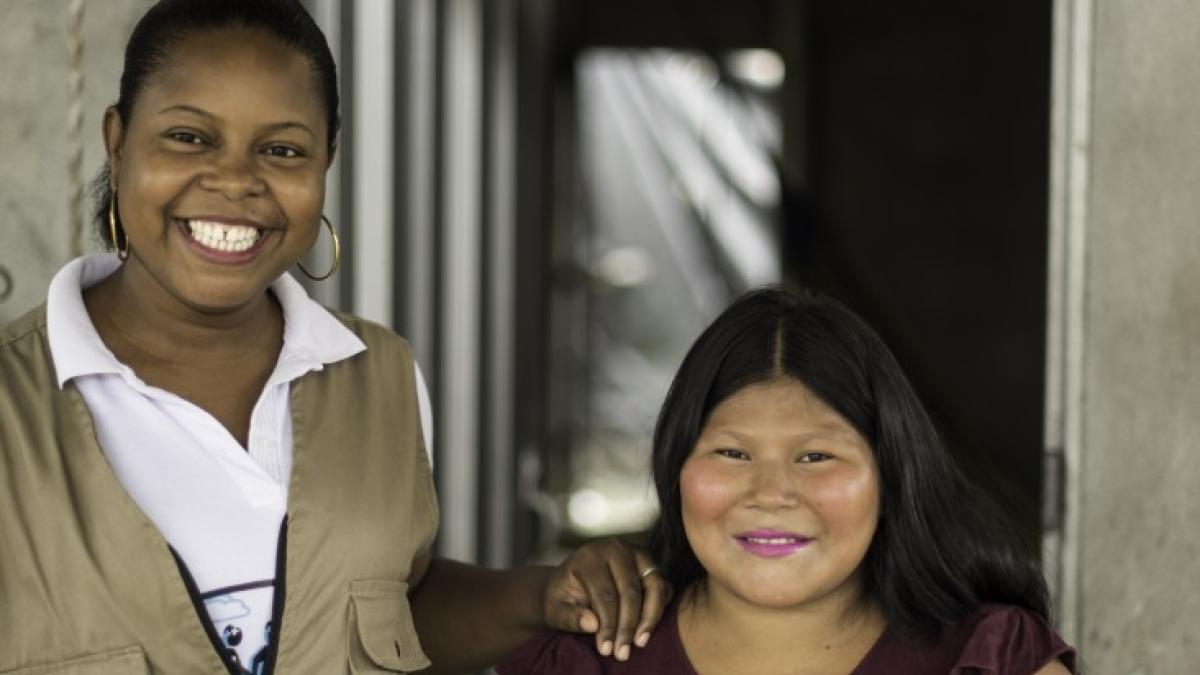
Ana Karina Delgado
Worldwide, more than 80 percent of individuals with mental health conditions have little or no access to the care they require. The prevalence and impact of mental health conditions are even more pronounced in conflict and fragile environments, where mental health services are often inaccessible or nonexistent.
Mental Health and Psychosocial Support (MHPSS) are relevant for all areas of development and humanitarian assistance. The term Mental Health care (MH) refers to personalized ‘talking therapy’ and pharmacologic treatments for mental conditions. The most common mental conditions are depression, anxiety, posttraumatic stress disorder, and substance abuse. Psychosocial support (PSS) refers to interventions that relieve stress and can help prevent mental conditions. Most PSS can be provided at the community or group level, or via media.
Poor mental health interferes with individuals’ overall well-being and caring for children, attending school, or finding and maintaining a job. Research across global regions has repeatedly linked poor mental health to worse physical health, early childhood development, substance abuse, violence including interpersonal and gender-based violence, education, nutrition, HIV, and tuberculosis. Poor mental health is itself a significant outcome of climate change and the Covid-19 pandemic and in turn can affect an individual’s ability to take action on those issues. Improving MHPSS is therefore not only critical to optimizing the health and well-being of individuals, it is key to meeting USAID’s objectives across education, employment, global health, governance, peace and security, and other development outcomes. MHPSS helps individuals and communities to heal psychological wounds and rebuild social structures after an emergency or a critical event.
Disasters, conflicts, and health problems have severe mental health consequences. The emotional wounds may be less visible than the destruction of homes, but it often takes far longer to recover from the mental health impact than to overcome material losses.
Early provision of programs that include both MH care and PSS and that are locally adapted can:
- Relieve stress
- Help prevent distress and suffering developing into something more severe
- Relieve mental conditions including depression, anxiety, post-traumatic stress disorder, and substance abuse
- Help people resume their normal lives
- Increase resilience to challenges - both everyday challenges and more serious events
- Meet community-identified needs
Programs
USAID programs strengthen organizations that provide mental health services and fund research on effective and scalable interventions appropriate for low- and middle-income countries.
Learn more about Mental Health Programs >>
